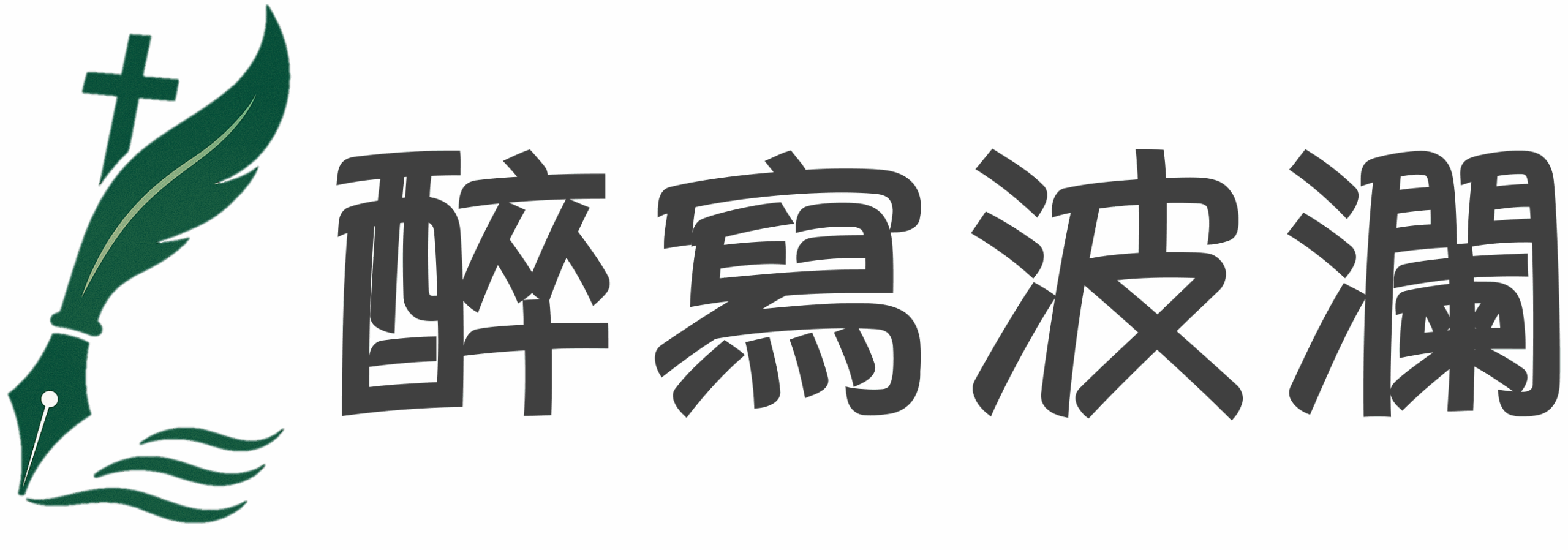
When entrepreneurs enter politics, they often don’t bring freedom — but control.
From Zhang Qian, the late Qing Dynasty scholar-official-turned-industrialist, to Elon Musk, the 21st-century tech messiah, history has shown a dangerous pattern: when entrepreneurs venture into politics, they tend to reconstruct society in the image of their company — centralized, controlled, and top-down.
Zhang Qian’s “industrial salvation” experiment in Nantong was built on benevolent paternalism. His enterprises funded schools, hospitals and charities, and even administered parts of local governance. The result was a corporatized society governed not by democratic deliberation, but by the vision of one man. It was, in essence, a form of corporate socialism, cloaked in Confucian ideals.
In modern China, farmer-turned-businessman Sun Dawu created an entire town — Dawu City — with independent schools, courts, banks, and even a quasi-parliament. It operated on voluntary collectivism, but under private control. The Chinese Communist Party eventually crushed his experiment — not because it wasn’t socialist enough, but because it was a competing version of socialism, led by a capitalist.
Indeed, in China, both successful and failed entrepreneurs often worship Mao Zedong. They don’t shy away from being called “Little Mao.” They idolize his decisiveness, authority, and ability to command. For them, democracy is slow and inefficient. Control is faster. Power should be singular. This isn’t an ideological flaw — it’s a managerial instinct.
Musk is no exception.
He calls himself a socialist, but abhors welfare. He proclaims freedom, yet bans critics on his platform. He preaches open discourse, yet manipulates algorithms to elevate his voice. He praises the “efficiency” of China’s authoritarian model while mocking America’s political complexity.
If Musk truly forms a political party, it will not be a republic. It will be a techno-authoritarian cult — a platform-driven, algorithm-enhanced, personality-centered machine. Not a democracy, but a fanbase.
But the United States is not a startup — it is the oldest, largest republic in the modern world. Its power lies not in efficiency, but in friction: in checks, balances, and painfully slow consensus. Rome fell to empire when Caesar crossed the Rubicon. Musk dreams of doing the same — with code, charisma, and chaos.
So when people call his party the “India Party,” they’re not just mocking its foreignness. They’re mocking his otherness — his being a man out of place:
- A South African by birth,
- A Martian by obsession,
- A Caesar-in-waiting who speaks democracy but craves dominion.
If America fails to recognize the threat in this hybrid of technocracy, socialism, and digital populism, it may not just relive the Rome disaster — it may fall to something even more seductive and more destructive.
